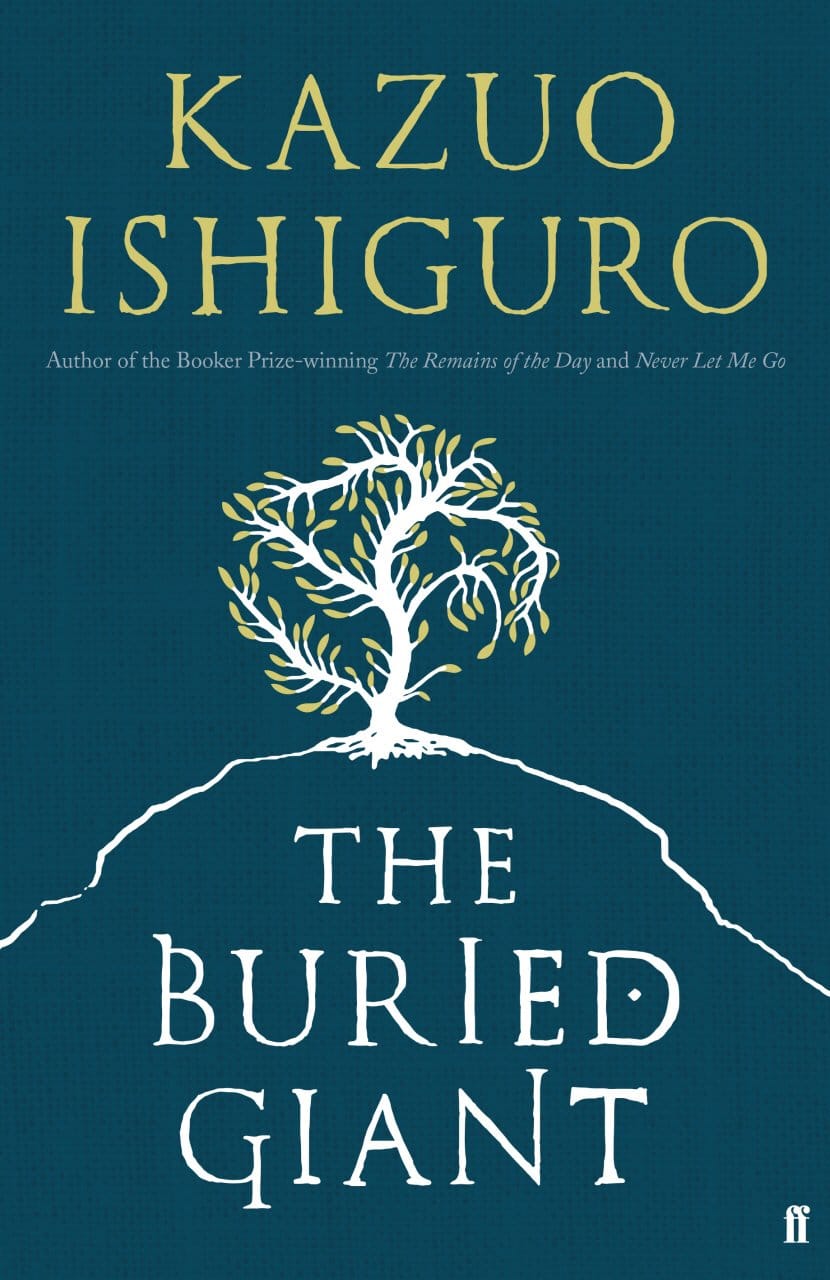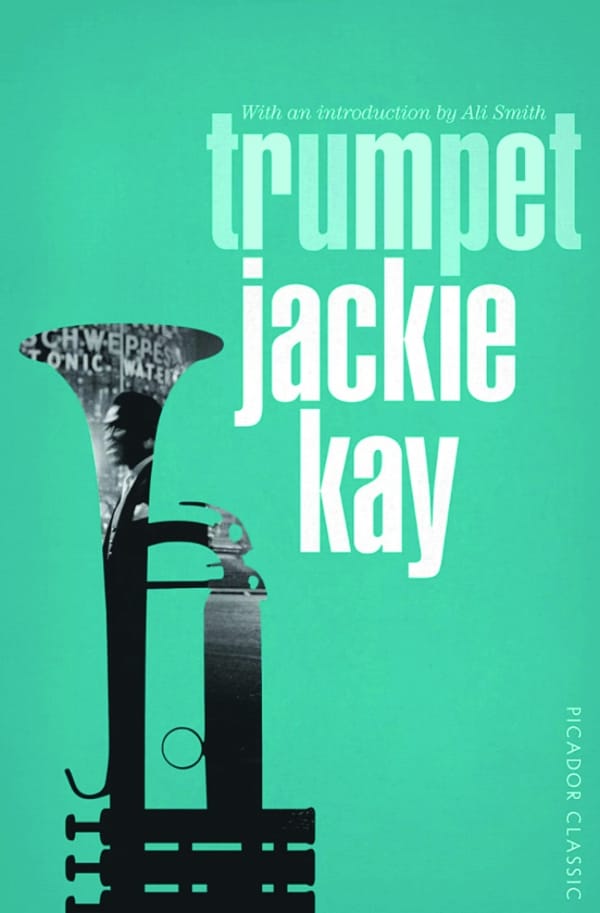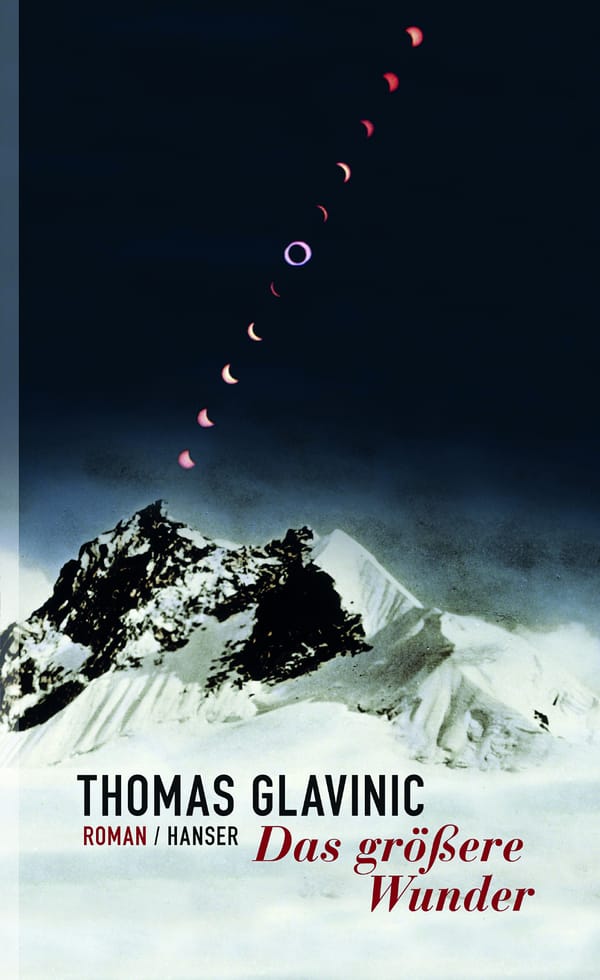Kazuo Ishiguro, winner of 2017 Nobel Prize in Literature, is master of words and the heart
Last Thursday, British writer Kazuo Ishiguro was awarded the Nobel Prize in Literature 2017. Books editor Jingjie Cheng writes about her experience with the writer and his works.

I first encountered Kazuo Ishiguro’s writing back in high school, in the form of his short story collection Nocturnes. I had won some book vouchers, and was browsing the local bookstore for something worth buying when I came across this slim volume. Five Stories of Music and Nightfall, it read, against an austere background of blurred fairy lights in the twilight. Curiosity piqued, I bought it despite having never heard of Ishiguro before that, and thus began my love affair with Ishiguro’s words.
It was his words that drew me in. The gentle, undulating flow of his words always carried with it a certain melancholy, as if embodying the multiple depths of emotion of his characters. The quiet calmness of his tone does not attempt to articulate every level of his characters’ complex internal world – on the contrary, it respects this complexity by acknowledging the inability of words to ever fully capture emotional depth, and thus in the process defers to its power.
Indeed, the Swedish Academy conferred the Nobel Prize in Literature upon him for novels which “uncovered the abyss beneath our illusory sense of connection with the world” and were driven by a “great emotional force”. It was this ‘abyss’ that I had been getting glimpses of across his books that I’ve read, and this ‘emotional force’ that had moved me.
After Nocturnes, I moved on to his arguably most famous book, The Remains of the Day, since it had won the Booker prize. I read it at a point in my life when I was starting to make larger, more consequential decisions, and Steven’s struggles really stood out for me, not as an explicit lesson but by being a bystander watching his internal drama as it unfolded before me.
“The gentle, undulating flow of his words always carried with it a certain melancholy”
Ishiguro’s novels are never the least didactic, unlike, say, those of Margaret Atwood (one of the favourite speculations for this year’s prize whom I’m glad did not win, but that’s a story for another day). We watch as Stevens struggles to tell his story, revealing information then correcting himself, wrestling with himself in coming to terms with his past decisions, as if earnestly hoping for the reader’s assurance that his life had been lived well. We become anxious for him, then for ourselves.

Ishiguro’s novels examine life incisively, as if we are suddenly presented the world through hyper-sharp glasses that illuminate our own internal worlds more clearly. Themes of loss, regret, ephemerality and the fragility of memory permeate his work, and the universality of these themes are demonstrated by the various different settings of his novels. Despite moving to England at the age of five, the hometown that he never knew impacted him enough that his first two novels, An Artist of the Floating World and A Pale View of Hills, were set in Japan.
An Artist of the Floating World appeared to be the precursor, a working draft of sorts, for The Remains of the Day. I read it after Remains, but detected a similar plotline: a narrator looking back on his past, wrestling with past decisions, unreliable in his storytelling because of parts of his life he wants to forget, decisions that he regrets. However, their very different settings gave each an entirely different feel, yet drawing parallels in themes across space and time. When The Buried Giant came out in 2015, it caused a stir as it seemed to be of a style and genre ‘unusual’ for Ishiguro. Without a named setting, the novel is set vaguely in Arthurian England, and features ogres, dragons and knights. New Yorker critic James Wood described it as “an allegory at once too vague and too literal”, and I know what he means. I found it difficult to get through, because it moved slowly, without the buzzing interiority of his earlier works. I appreciate subtlety, and its overt fantastical nature came across too strongly as an allegory.
“Ishiguro’s novels examine life incisively, as if we are suddenly presented the world through hyper-sharp glasses”
However, The Buried Giant was evidence of Ishiguro’s unpredictability, his willingness to push boundaries and experiment with new material. In the interviews after the book came out, Ishiguro revealed that he had originally intended to set the book in a more fixed point in time and space, but decided to set it in the gap in historical records about what happened after the Roman occupation of the British Isles. He was attracted by both the uncertainty over what happened and its distance from contemporary events. Perhaps it is a bold statement about the universality of his themes: fragility of memory and relationships.
Indeed, despite his tendency to push genres, Ishiguro’s themes recur time and again. In fact, the writer himself often maintains that he ‘writes the same book over and over again’. Perhaps that is where his charm lies: in the expression of such universal human truths and struggles that stand across time and space, manifesting and distinct and independently enjoyable stories.
“Themes of loss, regret, ephemereality and the fragility of memory permeate his work”
As a long-time Ishiguro fangirl, I was delighted to have a chance to meet the writer at an event at the Southbank Centre early last year. Ishiguro and David Mitchell (author of Cloud Atlas) appeared on stage together to discuss writing, inspiration and the nature of fantasy. After the event, I got Ishiguro to sign my hardback copy of The Buried Giant (given to me as a birthday present), and told him that I really liked his books and that The Remains of the Day “changed my life”. In person, Ishiguro exuded an aura much like his words: calm, unassuming, but with an undercurrent of a complex interior. The only difference perhaps, is the occasional dash of down-to-earth humour in person.

The Nobel Prize in Literature is the second most speculated upon after the Peace prize, and every year people place bets on various favourites. More or less the highest accolade a writer can get for a body of work rather than winning prizes for individual works, the prize was given controversially to Bob Dylan last year, which opened up a whole new world of speculation as to what exactly can be considered ‘Literature’. Many critics suggested that, after last year’s unconventional choice, the Nobel Committee would go with a more conventional choice this year. Despite that, Kazuo Ishiguro never appeared on many of these lists of ‘conventional’ writers tipped to win.
“Perhaps that is where his charm lies: in the expression of such universal human truths and struggles that stand across time and space”
Indeed, the writer himself seemed as surprised at his win as the critics, but I must say that for me it was a very pleasant surprise. Ishiguro is most certainly in the category of ‘conventional’ winners, but unique perhaps because most past winners tend to be either less well-known by the general public, or their wins are of a political nature.
For example, when the Chinese writer Mo Yan won in 2012, human rights activists were not happy, saying that he was too close to the party, while others said his works were quietly subversive. People still wonder if Salman Rushdie will ever win the prize, given the controversial nature of his books and the fatwa against him for alleged irreverence against Islam.
Ishiguro might not be as widely popular as Murakami, but he is still generally well-known, especially with the brilliant film adaptation of The Remains of the Day starring Anthony Hopkins and Emma Thompson, and that of Never Let Me Go. Perhaps he will rival Murakami in popularity after this win. In my opinion, Ishiguro is well deserving of the prize, for both the delicate, unassuming beauty of his language and his equally delicate handling of the deepest, most complex corners of the human psyche.









